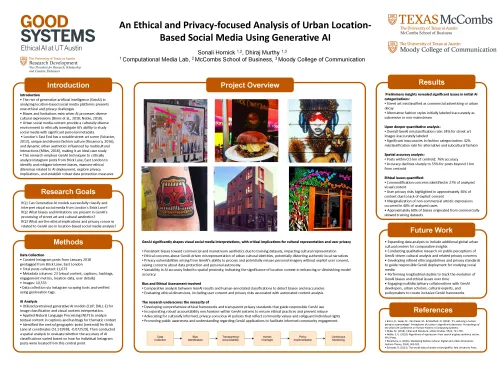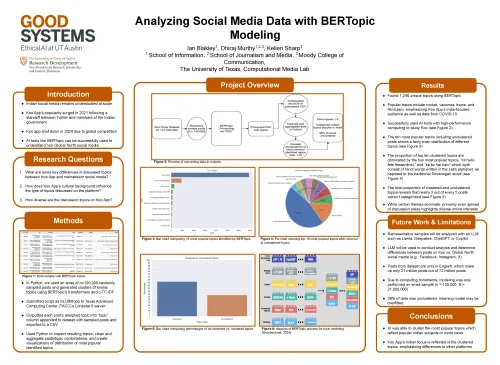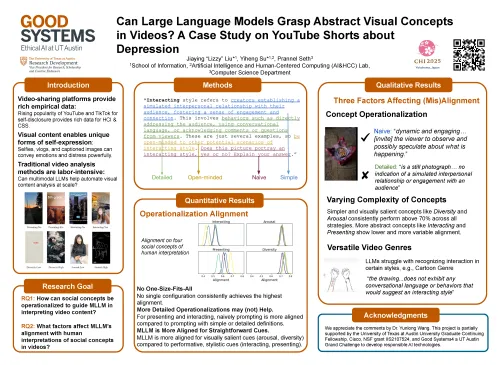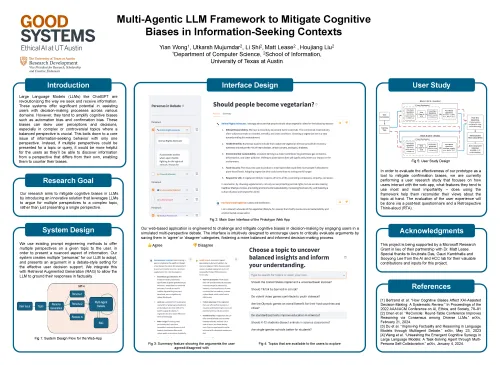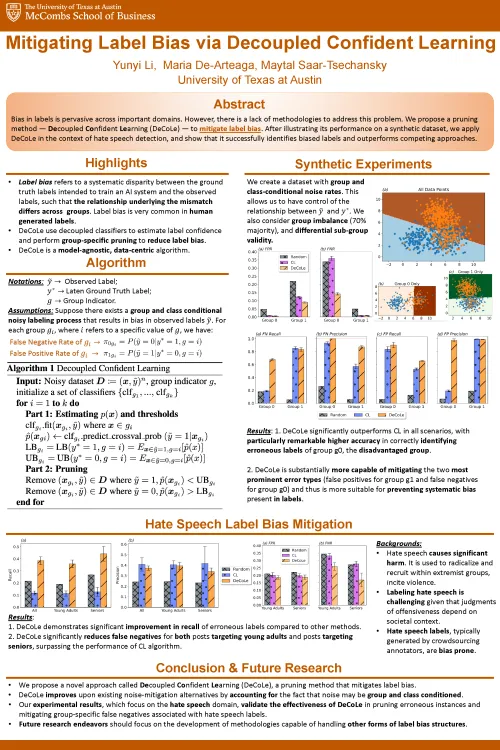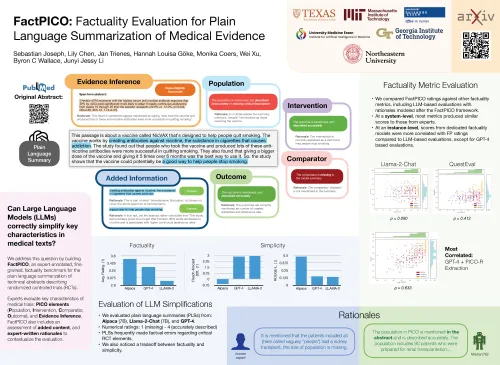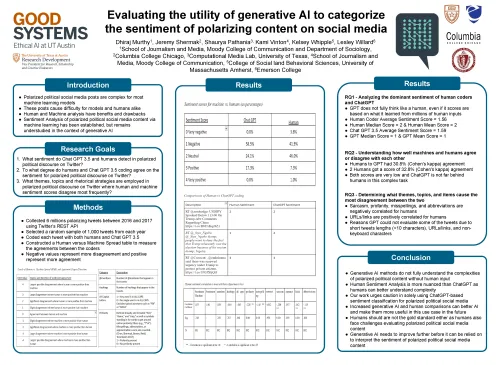The rise of social media and massive information sharing online have led to a dramatic increase in the spread of both incorrect and misleading information (e.g., foreign influence operations seeking to undermine democratic nations). Additional challenges arise in helping decision-makers navigate conflicting information (e.g., information coming from different sources or evolving during a crisis, such as a national disaster or pandemic). To meet this challenge, our mission is to design, build, and test innovative AI technologies to support journalists, professional fact-checkers, and information analysts. Our use-inspired research to protect information integrity world-wide drives our broader work to develop responsible AI technologies that are both fair (in protecting different stakeholders who may bear disproportionately impacts) and explainable (so that stakeholders can best capitalize upon AI speed and scalability alongside their own knowledge, experience, and human ingenuity).





